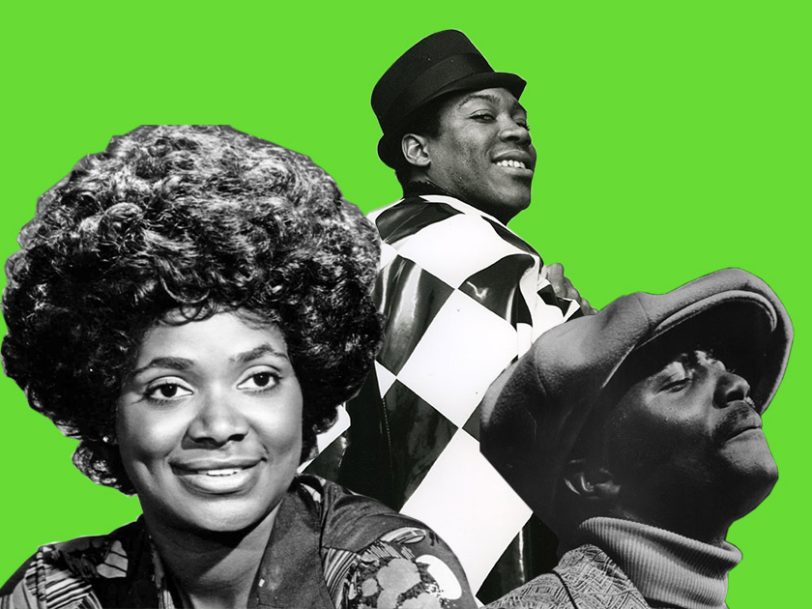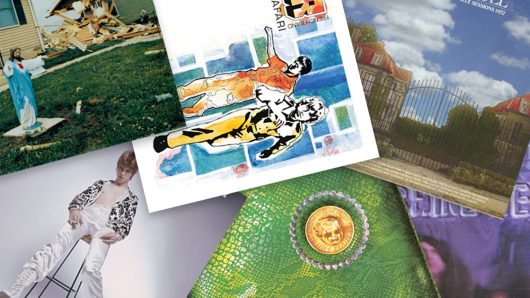Atlantic Records was the home of soul before the music had a name, and has released every iteration of this exhilarating sound ever since. Choosing the 20 best Atlantic Records soul albums is a daunting task, but it’s one our feet, hearts and hips insisted we try. Here are 20 thrilling albums from the awesome Atlantic catalogue, from obscure to widely-known, and in a wide range of styles, that every soul lover should hear – and adore.
Best Atlantic Records Jazz Albums: 20 Classics That Shaped Modern Jazz
20: Ben E King: ‘Don’t Play That Song!’ (1962)
One from soul’s kindergarten, if not its maternity suite, Don’t Play That Song! was released in 1962, when soul music barely had a name. Ben E King had been there from the start with The Drifters, and this album contains something of that group’s purring Latin rhythms and precise arrangements. But it also had two classics rendered in a manner that would become one of soul’s trademarks: a singer coping with overwhelming emotions that he or she had to confess. The title track is an example, its protagonist heartbroken and deceived, tortured by hearing “our song”. The album’s other major hit is Stand By Me, a cornerstone of rock’n’roll and a foundation of soul. It’s beyond classic, and it cements Don’t Play That Song!’s place among the best Atlantic Records soul albums.
The album holds other, less-remembered gems: the understated Ecstasy finds King in raptures; First Taste Of Love, ditto; and Yong Boy Blues releases a roughhouse element in his voice, rarely displayed this early in his career. On The Horizon laments absent loved ones, suggesting the Vietnam War without mentioning it, and King plays it straight amid an over-egged arrangement. Accept Don’t Play That Song! as a product of its time to realise how great Ben E King was: a soul man before soul knew what it was.
Must hear: Stand By Me




